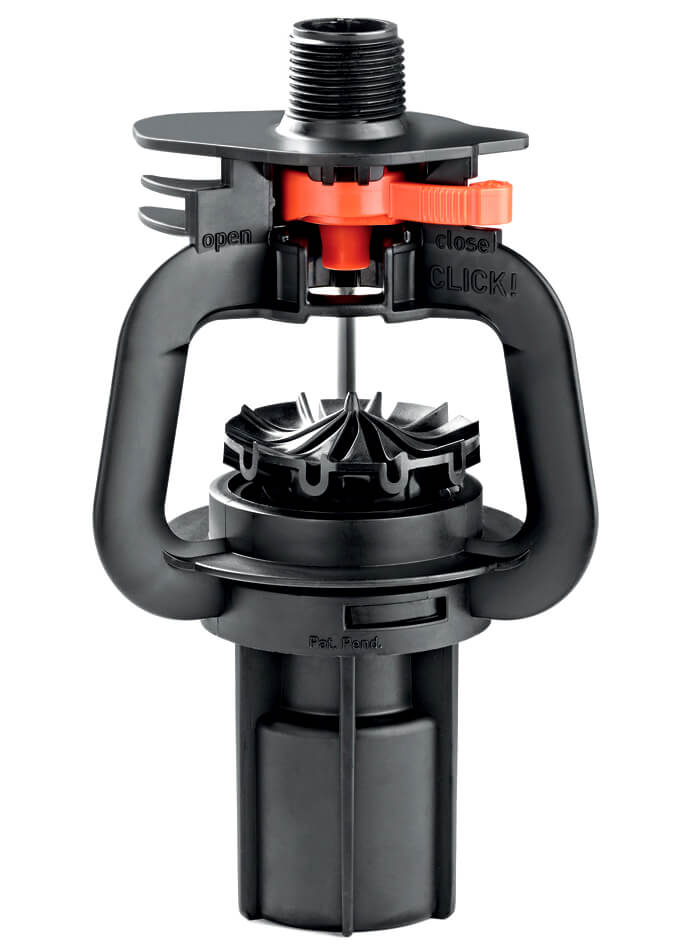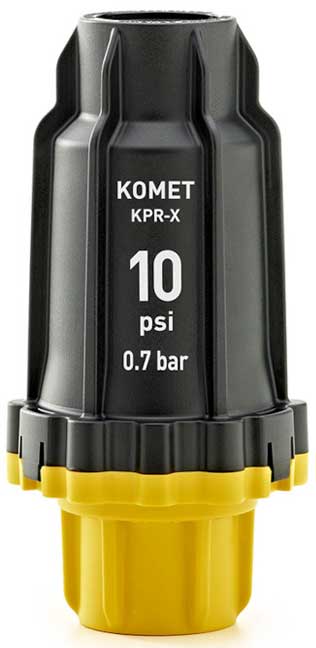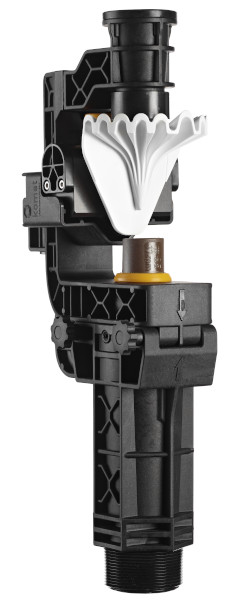Our latest case study takes us all the way to Marydale, South Africa: established in 1903 and named after Mary Snyman – whose husband donated the farmland on which the town was built – Marydale has a long history of both livestock and agricultural farming. It is here, in this beautiful region of the Northern Cape province, that Christiaan Maree tends to his family’s estate: Kameelboom Farm.
Together with his brother and father, Christiaan grows cotton, wheat and maize using mechanized irrigation. The Maree family became Komet customers in September 2019; two months later, the first Komet sprinklers were installed on Kameelboom Farm – and the three dedicated growers have never looked back. As well as simplifying irrigation management, Komet sprinklers offer an exceptionally effective distribution of water.
“In every seven-day period, we now save an entire day’s worth of water,” Christiaan reveals. “The pivots equipped with Komet sprinklers runs six days a week – while the ones with other sprinklers have to run for seven days to get the same results.”
Francois Davel, Komet Sales Manager for Africa, the Middle East and Oceania, illustrates the science behind Christaan’s success: “Climate plays a very important role in irrigation, because the droplet has to pass through the air to get to the ground,” he explains. “In a very hot and dry climate such as the Marydale area, evaporation and drift could be a real problem.”
The answer? Making sure that the respective sprinklers release the optimal droplet size: “Droplets with a diameter of less than 1 mm will most likely drift, or – if they are smaller than 0.5 mm – evaporate before they permeate the soil,” Davel continues. “At the other end of the spectrum, droplets that are too large can cause compaction, leading to a sealed top layer which the water can no longer penetrate.”
With its ongoing research into all aspects of irrigation – from soil behavior to climatic conditions – Komet strives for entirely new levels of irrigation efficiency. In a world where the responsible use of resources is becoming increasingly vital, there can hardly be a more worthy pursuit.


